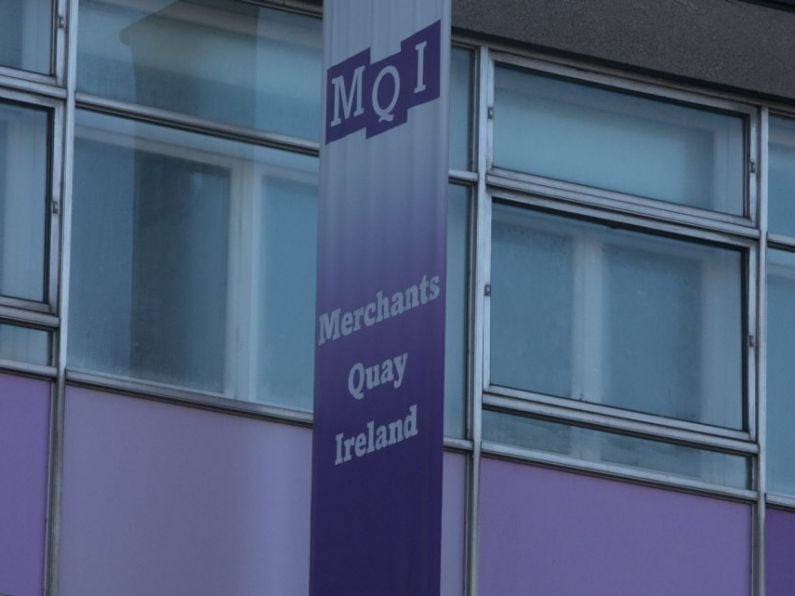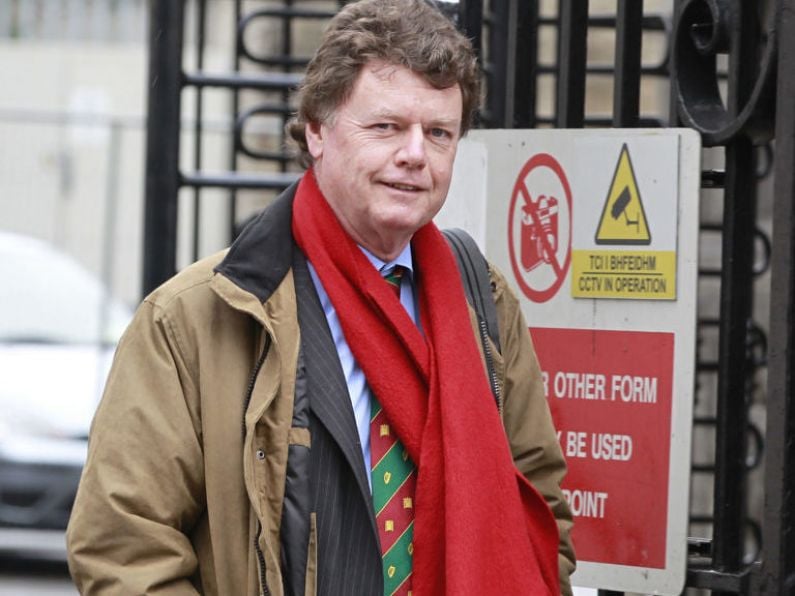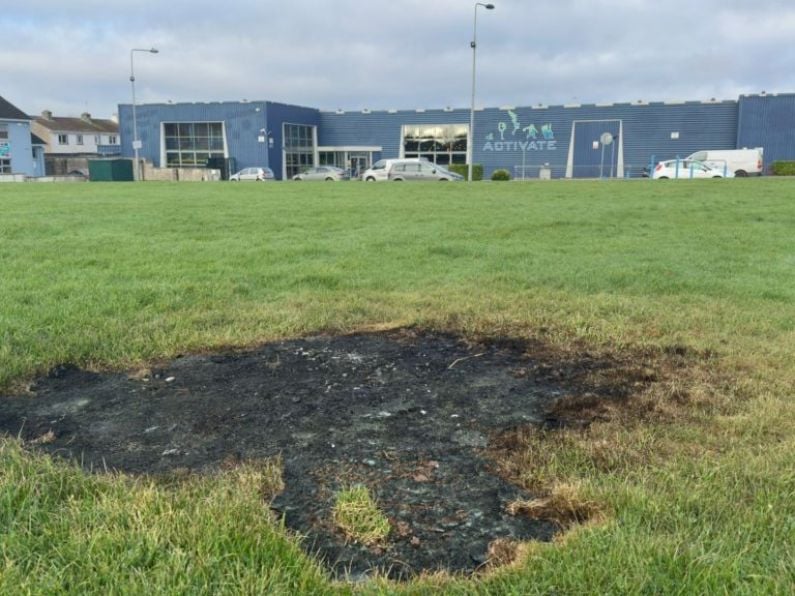Planning permission for Ireland's first medically-supervised heroin injection facility at Merchant's Quay in Dublin has been quashed by the High Court.
Mr Justice Garrett Simons said An Bord Pleanála had failed to explain why it had decided to grant temporary permission for the facility for three years, in circumstances where its own inspector had recommended two years.
The facility, run by the existing Merchant's Quay Ireland (MQI) project providing medical services and needle exchange for drug users among other things, would be set up in a basement area of the existing Riverbank Centre premises providing booths where users can inject themselves and remain for some 30 minutes afterwards. The heroin is not supplied by the centre.
Some 100 drug users are expected to use it every day, 63 of them by the time children are turning up to go into the neighbouring St Audeon’s primary school.
Nearby primary school
The building is just 150 metres from St Audeon's, which brought the High Court challenge to the planning decision.
The school claimed the decision was irrational and that an injection facility would worsen the already serious problems including drug users congregating in the area, engaging in drug buying and selling, overdosing and other anti-social behaviour.
An Bord Pleanála said the decision to grant permission was appropriate and consistent with the law. The new facility will be monitored to ensure it is not causing any problems and international experience has shown such injection facilities could be run successfully.
Mr Justice Simons said one of the striking features of the proposed development was it was to be located adjacent to a primary school. The school's objections however were "not addressed, in terms, in An Bord Pleanála’s decision".
"Indeed, there is no reference at all in the decision to the school or its pupils," he said.
'Difficult to comprehend'
On a literal reading of the board's conclusion about the development in the context of the zoning of the area, it might appear to suggest the board had made definitive findings in respect of the impact of the injection facility on the proper planning and sustainable development of the area, he said.
It might appear, for example, that the board had concluded that the proposed development “would not adversely impact on the residential amenity or character of the area,” he said.
"If this were so, then the logic of the imposition of a condition limiting the permitted use to a period of three years, to allow for a subsequent review of the development, would be difficult to comprehend."
One of the principal issues for determination was whether the plan was consistent with proper planning and sustainable development to locate a medically supervised drug injecting facility in close proximity to an existing primary school, he said.
Impacts on the school
The school board contended a school and such a facility were incompatible and it had identified what it believed would be adverse impacts on the school.
An Bord Pleanála’s decision did not engage adequately with the school's submissions, the judge said.
The decision was also not saved by reference to the fact that planning permission had been granted on a temporary basis only.
The stated reason for the three-year limitation on use is to allow for a review thereafter, but there was, again, no reference to the impact on the school or its pupils, he said.
"The failure to properly address the school board’s submissions and to explain the reasons for which they were not accepted represents a breach of the statutory requirement to state the main reasons and considerations for the decision," he said.
Invalid
This breach was enough, on its own, to invalidate the planning permission.
The judge also concluded the planning permission was invalid on the separate ground that, in the absence of any explanation, the decision to permit it for three years was unreasonable.
He said he proposed to make an order setting aside the decision and his provisional view was that it should be sent back to the board for reconsideration.
However, he would adjourn the making of the order pending submissions from the parties next October.











